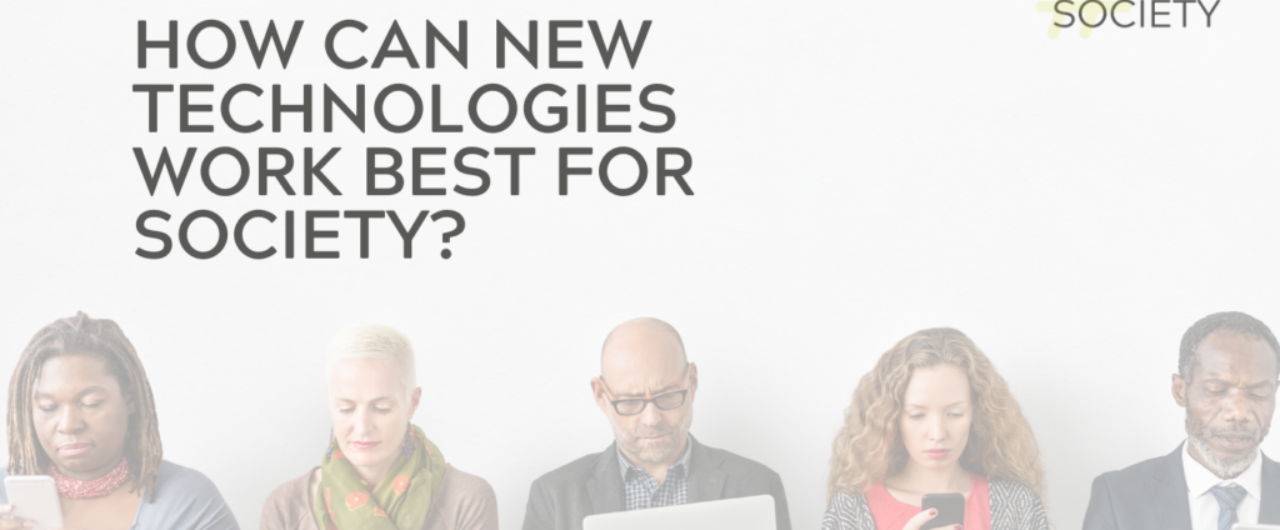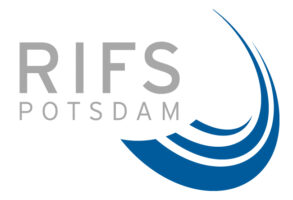In this workshop, we sought to explore ways of how new technologies can address some of the key societal challenges in health and the world of work and discussed with participants solutions for providing the political framework for scaling up technologies that work for the benefit of society.
At the core of individual wellbeing stands high-quality healthcare and work. Both are essential aspects of a good and fulfilling life for many. They are significantly affected by the changing parameters of an economy and society that is increasingly built on data, digital services, and online interaction.
The COVID-19 pandemic magnifies the social risks and opportunities associated with new technologies in healthcare and work, including regional economic disparities, labour market polarisation, or health inequalities. On the one hand, the current situation has caused a significant level of disruption to the world of work and healthcare emphasizing the exposure of front-line workers in healthcare and key workers to the risks of the pandemic. On the other hand, these disruptions may create the momentum needed to update our healthcare institutions and the principles of what good work means in the modern age.
Read our workshop synopsis for a concise summary of the workshop outcomes and policy recommendations.
The pandemic and the shifts in the world of work
The pandemic has upset labour markets and the organisation of work in an almost unprecedented manner worldwide. If we want to ensure access to good work for all people in this age of technological change and crisis, we need a systematic and holistic approach for restructuring labour-markets mitigating the social risks of job displacements and automation. This will require the state to set the framework for smooth job transitions and provide workers with the safety nets during these times of disruption. But it will also require a cultural mindset shift at the firm level in order to create an environment for a more flexible and digital world of work.
Innovation and new tech in healthcare
The pressure to innovate and reform healthcare is piling up due to ageing populations, the prevalence of multiple chronic diseases, health inequalities and the shortage of healthcare workers and insufficient access to healthcare in rural areas. COVID-19 has put these challenges in the spotlight. At the heart of the agenda to improve healthcare stands addressing health inequalities and improving access to personalised healthcare solutions by using new technologies. So far progress has been slow. Crucial will be the availability and use of data and how we can bring forward a European model for tech health which is built upon trust, inclusion and fairness. In this respect, it will be essential to strengthen the principle of solidarity within the statutory health insurance or healthcare system where the value of personal health data will benefit society overall.
Our Speakers:





From top left to bottom right: Alice Greschkow (Political Scientist & Author), Dieter Janecek (Member of the German Bundestag and Spokesperson for Industrial Policy and Digital Economy, Alliance 90/The Greens ), Alan Lockey (Head of the Future Work Centre and Associate Director of the Economy, Enterprise and Manufacturing Team, Royal Society of Arts ), Alexander Schellinger (Head of Healthcare Development, Techniker Krankenkasse) and Nora Zetsche (Co-Founder, Veta Health).
About #Tech4Society:
With the #Tech4Society innovation series, we seek to bring forward and explore the goal of promoting economic, social, and ecological progress. The starting point of the conversations is the fundamental question of how new technologies can work best for societal progress. Further on, it takes into account the perspectives of the economy, the society, and the individual.
#Tech4Society seeks to address the long-term challenges of our societies, including economic and social consequences of the COVID-19 pandemic, the climate crisis, tomorrow’s work and economy, demographic changes, regional imbalances, and the increasing political polarisation in democracies. The premise of our co-innovative dialogue is to put new technologies at the service of people and society.

This workshop was part of Berlin Science Week 2020, a compilation of more than 200 events aimed at inspiring the dialogue between science and society.




















